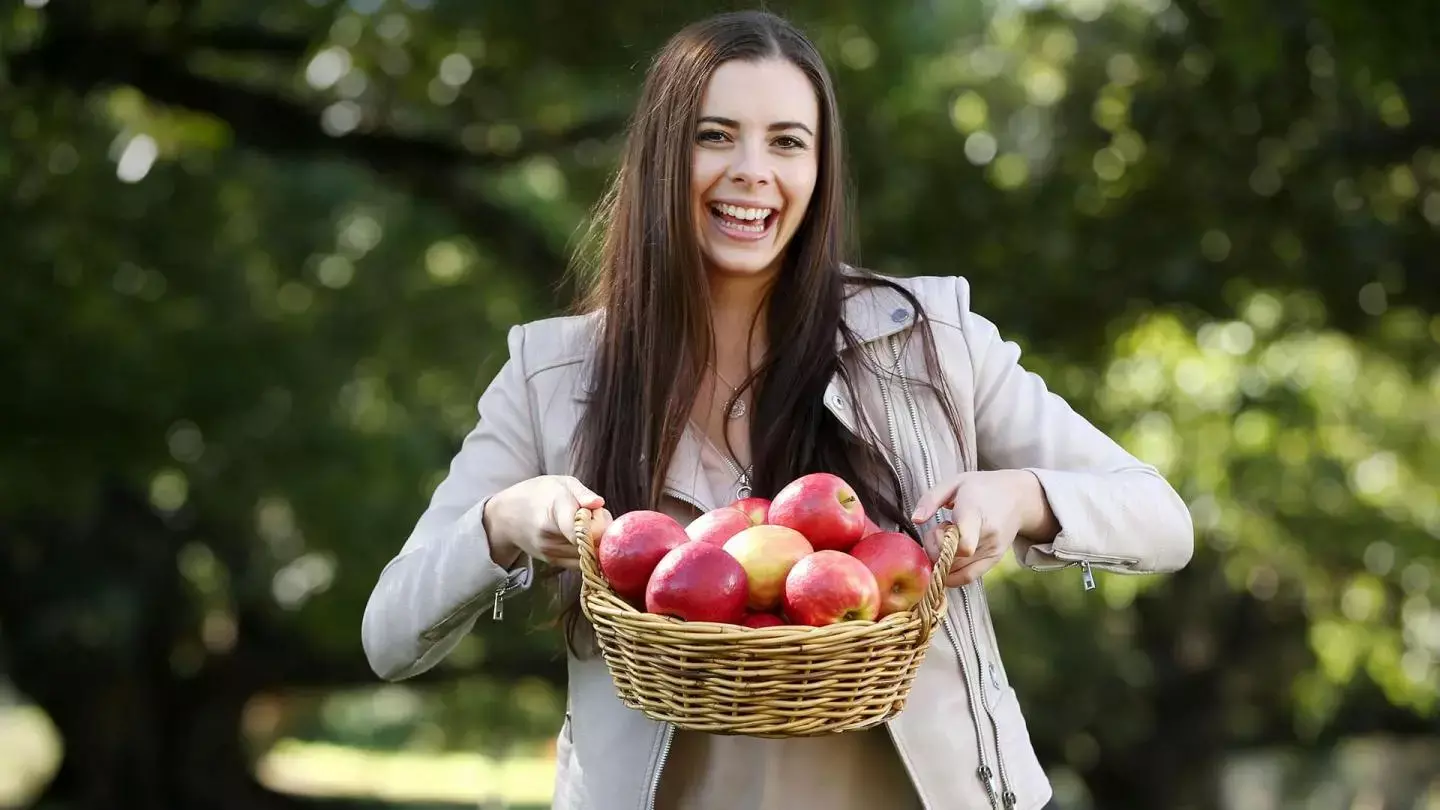- Home
- Medical news & Guidelines
- Anesthesiology
- Cardiology and CTVS
- Critical Care
- Dentistry
- Dermatology
- Diabetes and Endocrinology
- ENT
- Gastroenterology
- Medicine
- Nephrology
- Neurology
- Obstretics-Gynaecology
- Oncology
- Ophthalmology
- Orthopaedics
- Pediatrics-Neonatology
- Psychiatry
- Pulmonology
- Radiology
- Surgery
- Urology
- Laboratory Medicine
- Diet
- Nursing
- Paramedical
- Physiotherapy
- Health news
- Fact Check
- Bone Health Fact Check
- Brain Health Fact Check
- Cancer Related Fact Check
- Child Care Fact Check
- Dental and oral health fact check
- Diabetes and metabolic health fact check
- Diet and Nutrition Fact Check
- Eye and ENT Care Fact Check
- Fitness fact check
- Gut health fact check
- Heart health fact check
- Kidney health fact check
- Medical education fact check
- Men's health fact check
- Respiratory fact check
- Skin and hair care fact check
- Vaccine and Immunization fact check
- Women's health fact check
- AYUSH
- State News
- Andaman and Nicobar Islands
- Andhra Pradesh
- Arunachal Pradesh
- Assam
- Bihar
- Chandigarh
- Chattisgarh
- Dadra and Nagar Haveli
- Daman and Diu
- Delhi
- Goa
- Gujarat
- Haryana
- Himachal Pradesh
- Jammu & Kashmir
- Jharkhand
- Karnataka
- Kerala
- Ladakh
- Lakshadweep
- Madhya Pradesh
- Maharashtra
- Manipur
- Meghalaya
- Mizoram
- Nagaland
- Odisha
- Puducherry
- Punjab
- Rajasthan
- Sikkim
- Tamil Nadu
- Telangana
- Tripura
- Uttar Pradesh
- Uttrakhand
- West Bengal
- Medical Education
- Industry
Intake of two serves of fruit daily may lower diabetes risk by 36%, finds study

CAPTION
Woman standing holding a basket of red apples.
CREDIT
Edith Cowan University
Type 2 diabetes is a growing public health concern with an estimated 451 million people worldwide living with the condition. A further 374 million people are at increased risk of developing type 2 diabetes.From time to time researchers are trying to find measures to contain the disease.
A new study has been conducted to examine associations between intake of fruit types and 1) measures of glucose tolerance and insulin sensitivity and 2) diabetes at follow-up.
The study has been published today in the Journal of Clinical Endocrinology and Metabolism.
The study's lead author, Dr Nicola Bondonno from ECU's Institute for Nutrition Research, said the findings offer fresh evidence for the health benefits of fruit.
"We found an association between fruit intake and markers of insulin sensitivity, suggesting that people who consumed more fruit had to produce less insulin to lower their blood glucose levels," said Dr Bondonno.
"This is important because high levels of circulating insulin (hyperinsulinemia) can damage blood vessels and are related not only to diabetes, but also to high blood pressure, obesity, and heart disease.
"A healthy diet and lifestyle, which includes the consumption of whole fruits, is a great strategy to lower your risk of developing type 2 diabetes."
Fresh is best
The study examined data from 7,675 Australians participating in the Baker Heart and Diabetes Institute's AusDiab Study and assessed fruit and fruit juice intake and the prevalence of diabetes after five years.
Dr Bondonno said they did not observe the same beneficial relationship for fruit juice.
"Higher insulin sensitivity and a lower risk of diabetes was only observed for people who consumed whole fruit, not fruit juice," she said.
"This is likely because juice tends to be much higher in sugar and lower in fibre."
Dr Bondonno said that it's still unclear exactly how fruit contributes to insulin sensitivity, but it is likely to be multifaceted.
"As well as being high in vitamins and minerals, fruits are a great source of phytochemicals which may increase insulin sensitivity, and fibre which helps regulate the release of sugar into the blood and also helps people feel fuller for longer," she said.
"Furthermore, most fruits typically have a low glycaemic index, which means the fruit's sugar is digested and absorbed into the body more slowly."
The study builds on Dr Bondonno's research into the health benefits of fruit and vegetables, particularly those that contain a key nutrient known as flavonoids. The research is part of ECU's Institute of Nutrition Research.
For further reference log on to:
Dr Kamal Kant Kohli-MBBS, DTCD- a chest specialist with more than 30 years of practice and a flair for writing clinical articles, Dr Kamal Kant Kohli joined Medical Dialogues as a Chief Editor of Medical News. Besides writing articles, as an editor, he proofreads and verifies all the medical content published on Medical Dialogues including those coming from journals, studies,medical conferences,guidelines etc. Email: drkohli@medicaldialogues.in. Contact no. 011-43720751


